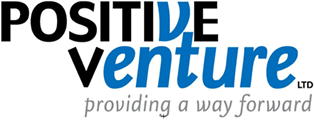This article is a quick introduction to a very in-depth subject.
Our team has dedicated members who are professional and working within this specialist area. We are here to help you.
The first key point is that any exposure to dust or fumes must be prevented or controlled.
Breathing in dust or fumes can lead to long-term health problems.
Employees may be able to leave a dusty place at any time, but respiratory diseases can last forever.
There are a number of health risks that come as a result from breathing in dust or fumes: Examples – silica dust from cutting concrete, bricks or stone can cause silicosis, dust from cutting or sanding hardwood can cause nasal cancer, asbestos dust can cause cancer of the lungs or lining of the chest cavity, welding fumes can result in metal fume fever, which has flu-like symptoms, breathing in the fumes from solvents and paint can lead to nausea, drowsiness, headaches, unconsciousness and death in extreme cases.
All the above can and are to be prevented by effective and robust control measures.
Where it is possible, the job should be planned to eliminate harmful dust and fumes. If elimination is not possible, harmful dust and fumes must be controlled so they are not breathed in.
Some tools and plant items are fitted with dust extraction and collection devices. If LEV (Local Exhaust Ventilation) devices are available, these must be used according to instruction, information and training provided.
All LEV systems must have a thorough examination and test (TExT) at least once every 14 months.
The HSE has recently updated its guidelines with regards to Thorough Examination & Testing (TExT) during COVID-19; businesses and inspection bodies must co-operate to ensure access to plant and equipment for TExT schedules to continue, if the business is closed, it should still ensure TExT’s are carried out to remain compliant. Critical industries will be prioritised, so other sectors may experience a delay with appointments.
LEV equipment should not be used if a TExT has expired.
Equipment must be safe for staff to use and employers must comply with HSE regulations.
Please use the ‘enquiry button’ below for your LEV enquiries.

